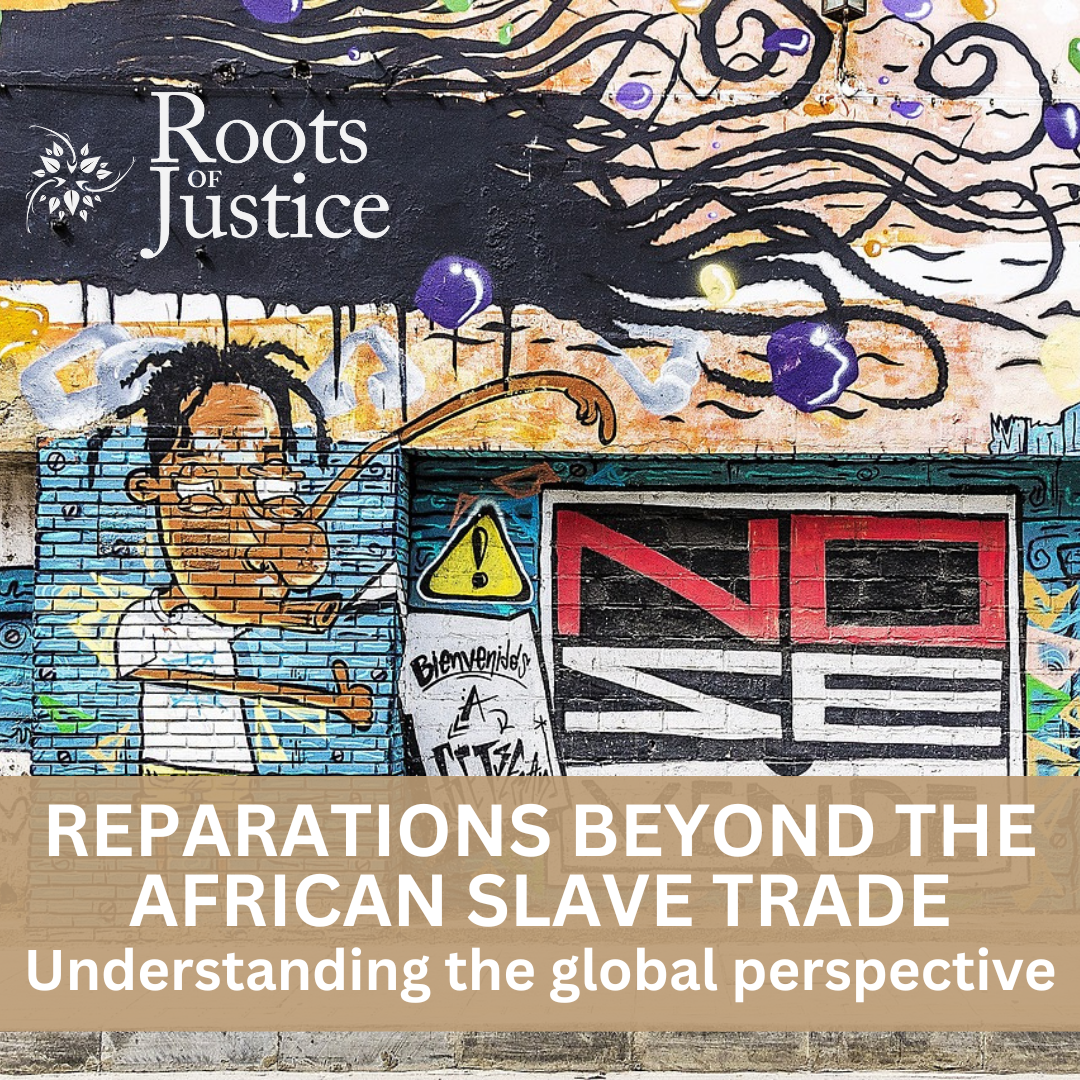The effects of colonialism are far-reaching, and one manifestation is the ongoing migration from colonized nations to the shores of former colonizers. This phenomenon is not limited to the United States alone; Europe also experiences resistance and racist views regarding the influx of individuals seeking freedom and a better life.
Examining the United States' Role In the United States, concerns about the southern border being flooded with "illegal aliens" are often fueled by rhetoric that perpetuates stereotypes and fears. However, it is essential to question why individuals from Latin America are coming here in the first place. Many Latin American countries have experienced economic exploitation by U.S. business interests, with a significant portion of profits flowing back to American entrepreneurs. Consequently, people from these regions follow the money, seeking a fair share of the wealth that was extracted from their homelands. Acknowledging Responsibility As citizens of the United States, it is incumbent upon us to recognize our complicity in destabilizing numerous countries in Latin America. Historically, the U.S. government has supported policies and interventions that have led to political turmoil, economic hardship, and social unrest in these regions. Consequently, it is essential to acknowledge that the people of South and Central America deserve reparations for the wrongs they have suffered. Reparations encompass not only addressing the historical injustices of the African slave trade but also acknowledging and remedying the ongoing consequences of colonialism worldwide. By advocating for reparations, we can support efforts to rectify the economic, social, and political imbalances perpetuated by past and present exploitative systems. This entails acknowledging the harm inflicted, fostering dialogue, and working towards transformative justice that promotes healing and equality. Expanding our understanding of reparations beyond the African slave trade is a necessary step in combating racism and creating a more equitable world. By recognizing the broader context of colonialism and its ongoing consequences, we can empathize with individuals seeking a better life and support their demands for justice. Let us continue to educate ourselves, engage in critical conversations, and work towards a future where reparations and antiracism efforts are central to our collective journey of healing and progress.
1 Comment
5/17/2023 05:15:49 pm
Thulani - Thanks for broadening the conversation about reparations to include colonialism. Based on what you have written here, one can say that all those "illegal aliens" are coming to our southern border to receive what is owed them from years of exploitation.
Reply
Leave a Reply. |
AuthorRoots of Justice trainers and friends share reflections on historical and current events Archives
April 2024
Categories
All
|
© Roots of Justice, Inc. All rights reserved.


 RSS Feed
RSS Feed